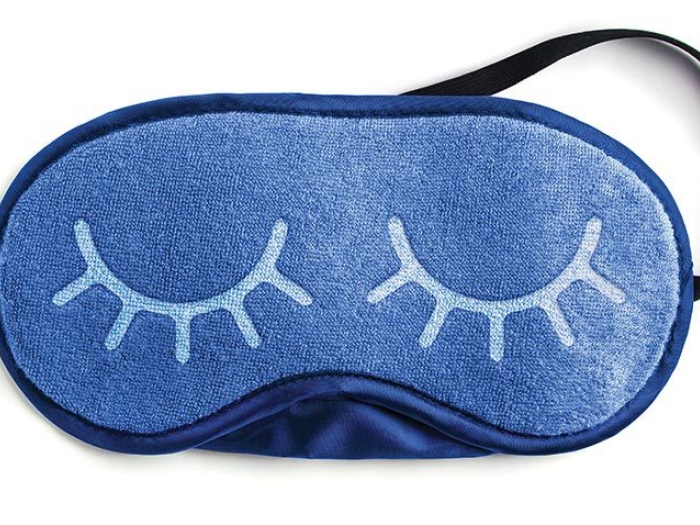There’s no official rule book for helping a friend through a cancer diagnosis. But these tips can guide your thinking.
3:21 PM
Author |

Most of us have heard the Beatles lyric "I get by with a little help from my friends."
When you have a friend diagnosed with cancer, it is often hard to know how to help. Should you talk about the cancer? Should you avoid talking about the diagnosis? What is the best way to aid your friend?
It is helpful for good friends to know there are different ways that people cope with cancer. A range of feelings may occur: anger, fear, anxiety or blaming themselves (because of something they did or did not do). These initial reactions will likely last a short time. You may need to be patient and understanding and overlook some behaviors.
There are no set rules when it comes to supporting a friend with cancer. The most important thing is just to listen. Every friendship is unique, but hopefully I can provide some suggestions that may guide you during this time.
You might want to start by familiarizing yourself with your friend's diagnosis through a credible resource, such as the National Cancer Institute, American Cancer Society or National Comprehensive Cancer Network.
Strategies for showing support
Ways to show support during a conversation with a friend with a new cancer diagnosis may be awkward at first, but some general tips include:
-
Be flexible. Your friend may have appointments or may have to change plans if not feeling well.
-
Call ahead when you want to visit to make sure your friend is up to seeing others.
-
Don't ignore sad feelings. Reassure your friend that these feelings are normal.
-
If you offer help, follow through. If your friend declines your offer, don't take it personally.
-
People who are going through cancer treatment may need a break from talking about the topic. Talk about noncancer topics, such as job and family.
-
It is OK to talk about the future; this gives your friend something to look forward to.
-
If you aren't sure how to lend a hand, ask.
During my practice, many of my patients have told me that it really bothers them when someone says, "I know just how you feel." It is hard to imagine how someone feels when told "You have cancer." It is OK to tell a person that you are sorry this happened to her, that you care about her or even "I don't know what to say" — it is better to be honest.
During cancer treatment, a friend may appreciate help with the everyday routine. You can offer to cook dinner, do errands, drive your friend to an appointment or schedule a night out. Remember, your friend may not always accept your offer, but just by proposing it you are letting your friend know that you are there.
Do you have any suggestions for helping a friend with a new diagnosis of cancer? Please feel free to leave a comment so others can benefit.

Explore a variety of health care news & stories by visiting the Health Lab home page for more articles.

Department of Communication at Michigan Medicine
Want top health & research news weekly? Sign up for Health Lab’s newsletters today!





